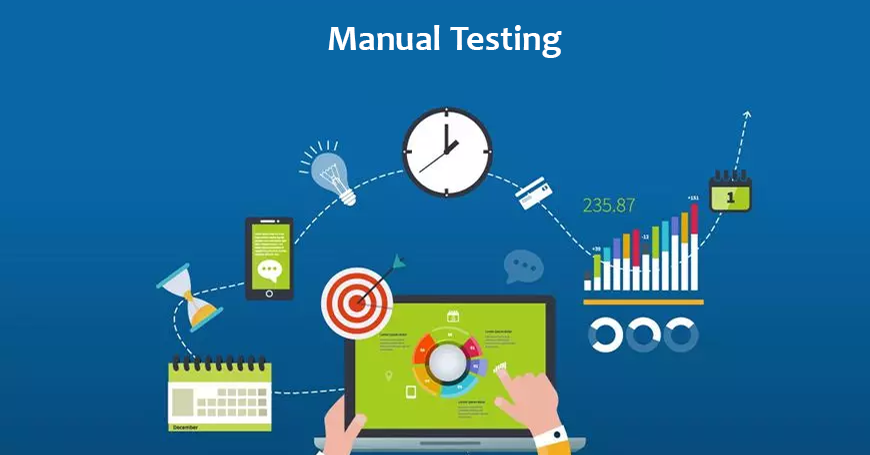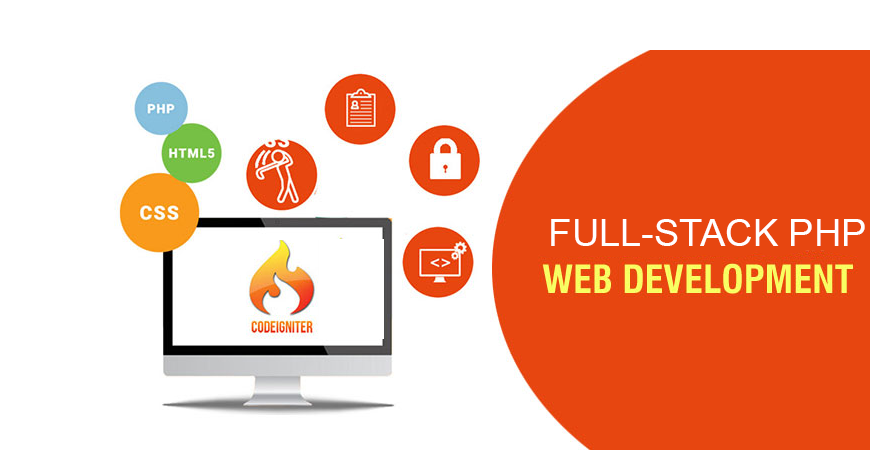Top Benefits of Managed Cloud Services for Your Business
"Explore the top benefits of managed cloud services from AWS, ESRI, and Citrix. Enhance efficiency, security, and scalability for your business. Learn more!"
Introduction
Imagine having the flexibility to scale your business operations effortlessly while maintaining robust security and minimizing downtime. Managed cloud services offer this and much more. They represent a pivotal shift in how companies manage their IT infrastructure, providing not only operational ease but also strategic advantages that drive business growth.
Overview
In this blog post, we will explore the top benefits of managed cloud services, detailing how they can transform your business operations, improve efficiency, and drive growth. We will cover various aspects, including specific technologies like AWS and ESRI, and examine the role of managed cloud services in modern enterprises.
Importance
Managed cloud services are becoming increasingly relevant as businesses seek to leverage cloud computing's advantages without the complexities of managing the infrastructure themselves. By outsourcing cloud management, companies can focus on their core competencies while ensuring their IT environment is optimized, secure, and scalable.
1: Topic Overview
Managed cloud services refer to the comprehensive management and optimization of cloud resources by third-party providers. These services encompass various cloud environments, including public, private, and hybrid clouds. Providers like AWS, ESRI, Red Hat, and Citrix offer tailored solutions to meet diverse business needs.
What are Managed Cloud Services?
Managed cloud services involve the delegation of cloud infrastructure management tasks to a third-party provider. These tasks include deployment, monitoring, maintenance, and optimization of cloud resources. The goal is to ensure that the cloud environment runs smoothly, securely, and efficiently, allowing businesses to concentrate on their primary operations and strategic goals.
Types of Managed Cloud Services
- Public Cloud: Managed services for public cloud platforms like AWS, Microsoft Azure, and Google Cloud Platform.
- Private Cloud: Customizable and secure managed services for private cloud environments.
- Hybrid Cloud: Integrated managed services that combine public and private clouds to offer greater flexibility and optimization.
2: Key Points or Details
- Managed Cloud Services
Managed cloud services provide businesses with a hassle-free cloud experience. Providers handle the deployment, monitoring, maintenance, and optimization of cloud infrastructure, allowing companies to focus on strategic initiatives.
- ESRI Managed Cloud Services
ESRI managed cloud services specialize in geographic information system (GIS) applications, offering scalable and secure cloud solutions tailored for geospatial data. These services enable organizations to leverage powerful GIS tools without the burden of managing the underlying infrastructure.
- Managed Cloud Services AWS
AWS managed cloud services offer a comprehensive suite of tools and services to manage AWS environments. This includes monitoring, security, backup, and disaster recovery. AWS provides a robust platform for building and maintaining scalable and secure cloud applications.
- Manage Cloud Service Availability Notifications
Effective management of cloud service availability notifications ensures businesses are promptly informed of any service disruptions, allowing for quick response and mitigation. This proactive approach minimizes downtime and maintains operational continuity.
- Red Hat Managed Cloud Services
Red Hat managed cloud services leverage open-source technologies to provide scalable, secure, and cost-effective cloud solutions. These services are particularly beneficial for enterprises looking to implement hybrid cloud environments, combining the best of public and private clouds.
- Citrix-Managed Cloud Services
Citrix-managed cloud services focus on delivering secure and high-performance virtual desktop and application delivery solutions, enhancing remote work capabilities. These services ensure that businesses can provide their employees with reliable access to applications and data from any location.
- Fully Managed Cloud Services
Fully managed cloud services cover all aspects of cloud management, from initial setup and configuration to ongoing maintenance and optimization. This allows businesses to operate efficiently without worrying about the underlying cloud infrastructure.
3: Technologies/Tools/Techniques
AWS Tools and Technologies
- AWS offers : various tools like AWS CloudFormation, AWS CloudWatch, and AWS Config to streamline cloud management and monitoring. These tools help automate deployment, track performance, and ensure compliance with policies and regulations.
- AWS CloudFormation: Enables the creation and management of AWS resources through templates.
- AWS CloudWatch: Provides monitoring and observability of AWS resources and applications.
- AWS Config: Tracks AWS resource configurations and changes to ensure compliance.
ESRI Tools and Technologies
- ESRI provides ArcGIS Online and ArcGIS Enterprise, which enable robust GIS cloud solutions with extensive data visualization and analysis capabilities. These tools help organizations manage geospatial data and perform sophisticated spatial analysis.
- ArcGIS Online: A cloud-based mapping and analysis solution that offers data visualization and sharing.
- ArcGIS Enterprise: An on-premises and cloud-capable GIS platform that supports advanced geospatial analysis and mapping.
Red Hat OpenShift
Red Hat OpenShift is a leading container platform that simplifies the deployment and management of applications across hybrid cloud environments. It integrates with Kubernetes to provide a robust environment for developing, deploying, and managing containerized applications.
Citrix Virtual Apps and Desktops
Citrix Virtual Apps and Desktops provide a secure and reliable way to deliver applications and desktops to any device, improving productivity and flexibility for remote workers. This technology ensures seamless access to business applications from any location.
4: Advantages and Disadvantages
Advantages
Cost Efficiency: Managed cloud services eliminate the need for significant capital investments in IT infrastructure. Businesses can leverage the provider's resources and pay only for what they use.
Scalability: Businesses can easily scale their operations up or down based on demand. Managed services offer flexibility to adjust resources dynamically.
Expert Management: Experienced cloud professionals handle the complex aspects of cloud management. This expertise ensures that the cloud environment is optimized for performance and security.
Enhanced Security: Managed cloud providers implement robust security measures to protect data. These measures include encryption, access controls, and regular security audits.
Disaster Recovery: Comprehensive backup and disaster recovery solutions ensure business continuity. Managed services provide reliable strategies to recover data and resume operations quickly after a disruption.
Disadvantages
Dependency on Provider: Relying on a third-party provider can create dependency issues. Businesses must choose their providers carefully to ensure reliability and performance.
Potential Downtime: Although managed services aim to minimize downtime, there is always a risk. Service interruptions can occur due to various factors, including maintenance and unexpected outages.
Costs: Ongoing management fees can add up over time. While managed services provide cost savings in infrastructure, the continuous fees for management can be significant.
5: Best Practices/Tips
Choose the Right Provider
Select a managed cloud service provider that aligns with your business needs and goals. Evaluate providers based on their expertise, reliability, security measures, and customer support.
Regular Monitoring
Implement regular monitoring to ensure optimal performance and security. Use tools like AWS CloudWatch and ESRI monitoring solutions to track resource usage, detect anomalies, and respond to issues promptly.
Data Backup
Ensure regular data backups to prevent data loss. Managed cloud services typically include backup solutions, but businesses should verify that backups are performed regularly and can be restored quickly.
Security Compliance
Adhere to industry standards and regulations to maintain compliance. Managed cloud providers often offer compliance certifications, but businesses must ensure their specific compliance requirements are met.
Scalability Planning
Plan for scalability to accommodate business growth. Work with your managed cloud provider to develop a scalability strategy that ensures resources can be adjusted dynamically to meet changing demands.
6: Case Studies/Examples
Case Study 1: Company A with AWS Managed Cloud Services
Company A leveraged AWS managed cloud services to scale their e-commerce platform, resulting in a 30% increase in uptime and a 20% reduction in operational costs. AWS's robust infrastructure and management tools enabled Company A to handle increased traffic and transactions without compromising performance.
Case Study 2: Company B with ESRI Managed Cloud Services
Company B utilized ESRI managed cloud services for their GIS applications, improving data processing speeds and enhancing decision-making capabilities. ESRI's specialized GIS tools provided Company B with powerful data visualization and analysis capabilities, leading to more informed business decisions.
Comparison
AWS vs. Red Hat Managed Cloud Services
While AWS provides a comprehensive suite of cloud management tools, Red Hat focuses on open-source solutions and hybrid cloud environments. The choice depends on specific business needs and existing IT infrastructure.
AWS Managed Cloud Services: Ideal for businesses seeking a broad range of cloud management tools and services. AWS offers extensive resources and support for various applications and workloads.
Red Hat Managed Cloud Services: Suitable for enterprises looking to implement hybrid cloud environments with open-source technologies. Red Hat provides flexibility and integration with existing IT systems.
Conclusion
Summary
Managed cloud services offer a myriad of benefits, including cost efficiency, scalability, expert management, enhanced security, and robust disaster recovery solutions. They allow businesses to focus on their core operations while ensuring their cloud infrastructure is optimized and secure.
Final Thoughts
Incorporating managed cloud services can significantly impact business growth and efficiency. By leveraging these services, companies can stay ahead of the competition and adapt to changing market demands with ease.
Implications
Understanding and utilizing managed cloud services can be a game-changer for businesses. It enables them to harness the full potential of cloud computing while mitigating risks and minimizing costs.
Call to Action
Ready to transform your business with managed cloud services? At Esenceweb, we offer tailored solutions to meet your specific needs, providing cost efficiency, scalability, enhanced security, and expert management. Our experienced team ensures your cloud infrastructure is optimized, secure, and scalable, allowing you to focus on your core operations. Contact us today to learn more about how our managed cloud services can help you achieve your goals. For more information and to explore our comprehensive range of services, visit our website.
FAQs (Frequently Asked Questions)
- What are managed cloud services?
Managed cloud services involve outsourcing the management of cloud infrastructure and applications to third-party providers. These providers handle tasks like deployment, monitoring, maintenance, and optimization of cloud resources.
- How do managed cloud services benefit businesses?
They provide cost efficiency, scalability, enhanced security, and expert management, allowing businesses to focus on core operations. Managed services ensure that the cloud environment runs





.png)
_(1).jpg)
_(2).jpg)
.jpg)

_(1).jpg)

.jpg)
.jpg)
.jpg)
.jpg)
.jpg)


.jpg)
_(1).jpg)
.jpg)
.jpg)


_(1).png)
.png)

1.png)
































4.png)









0 Replies to “Top Benefits Of Managed Cloud Services For Your Business”
Leave a Reply
Your email address will not be published.